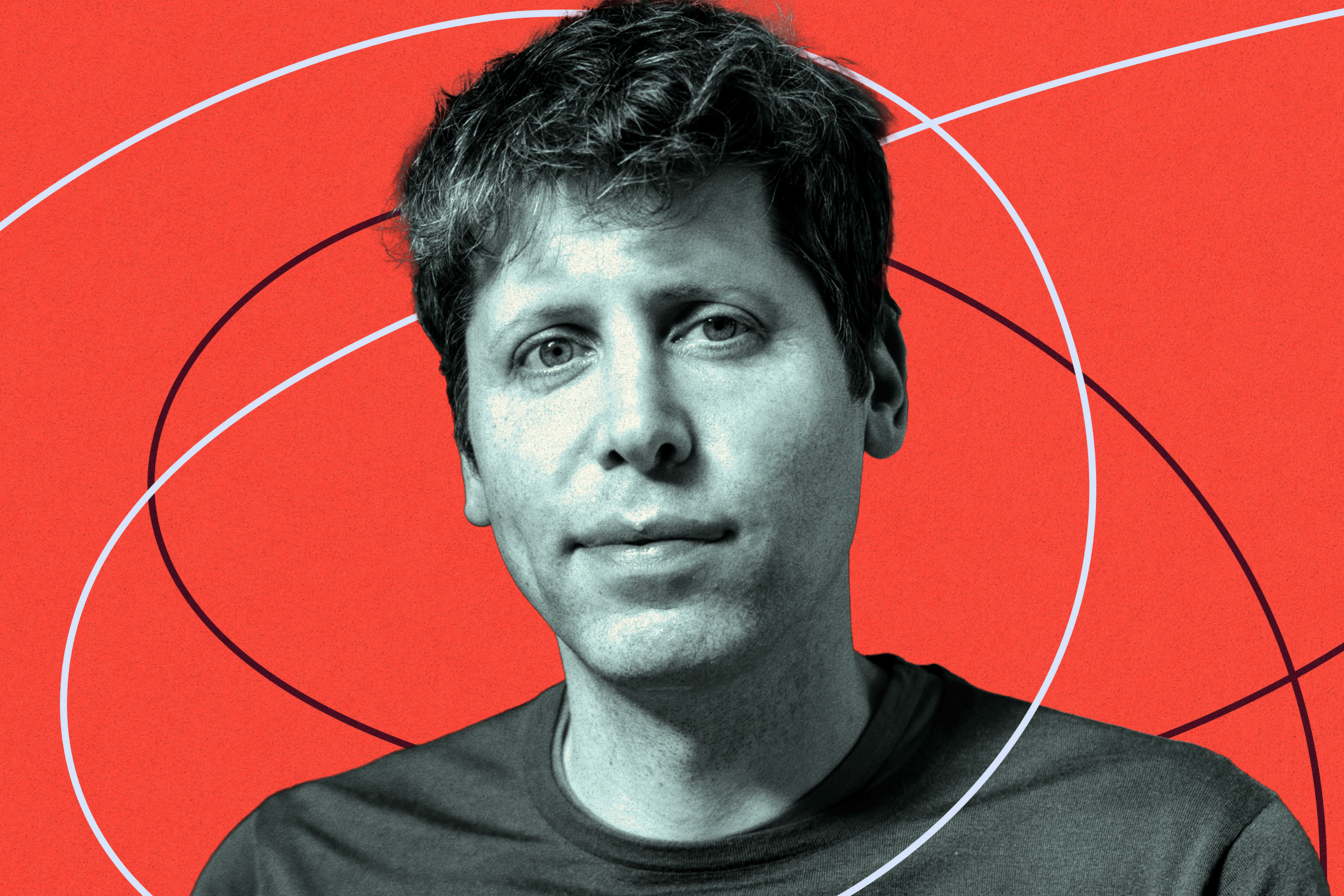OpenAI’s revenue has almost tripled (opens in new tab) over the last year. Its valuation is ballooning by billions.
At the same time, it repeatedly lobbied the city for a tax break, records reviewed by The Standard show. Mayor London Breed’s administration didn’t give the company what it wanted.
That was then. Now, it doesn’t take advanced artificial intelligence to compute the golden opportunity gift-wrapped for OpenAI by San Francisco’s mayor-elect.
OpenAI CEO Sam Altman is the star addition to Daniel Lurie’s transition team, even as his company lobbies the city to tweak its taxes. OpenAI’s lobbyist, longtime City Hall insider Alex Tourk, is still on the payroll.
Altman will not only have Lurie’s ear on policy issues germane to San Francisco and its business climate, but the arrangement puts him in a position to recommend mayoral staffers who may agree to a more tech-friendly tax environment.
Five things we learned from our bare-all interview with Sam Altman

Breed said no to Altman’s company. Will Lurie?
“We have not discussed any tax breaks,” Lurie told The Standard in an interview Tuesday. “We talked about their investment in arts and culture, investing in the city. He’s all in on our city, just like every co-chair on the transition team.”
Former San Francisco Ethics Commission president Paul Melbostad said Altman’s presence in Lurie’s transition team is a red flag.
“I think it would be wise not to include him on the transition team if the company is currently lobbying for a tax break,” Melbostad said. “It creates an appearance of undue influence and special access, even if Mayor Lurie and Sam Altman have the best of intentions.”
OpenAI is a San Francisco darling. Artificial intelligence is one of the few glimmering stars in the city’s otherwise dim economic outlook, and OpenAI signed a lease for 350,000 square feet in the former Old Navy site in September. That brings the company’s office presence in San Francisco to nearly 1 million square feet, a sorely needed anchor as businesses exit the city.
That star power didn’t bring OpenAI a sweeter tax deal, however.
Instead, voters may take more blood from OpenAI and similar companies with the approval of Proposition M. The measure reforms business taxes to lessen the burden on the city’s largest and smallest companies, in hopes of stimulating the economy. But someone’s got to make up the lost revenue: Midsize companies, which may pay more under Prop. M. The overhaul may also reduce how much taxes are calculated on business payrolls, and weigh them far more toward sales.
So if a middle-size company is about to skyrocket — say, a tech firm expecting a boost in revenue — it will pay higher tax rates than under the previous scheme.
Enter Tourk, OpenAI’s San Francisco lobbyist. In March, he met with the city’s Office of Economic and Workforce Development and chief fiscal officer to discuss tax reforms, lobbyist filings at the Ethics Commission show. He came into City Hall for the first meeting with Breed, then hopped on Microsoft Teams with her staffers in April, May, and September to discuss tax reform. In October, he met with the Office of Economic and Workforce Development yet again.

Prop. M is done. Why are they still lobbying? Still in question is how to figure out what a San Francisco sale means for a company that sells something intangible, like software. It’s a complicated rule-making process going through the Treasurer & Tax Collector’s office.
The tax office is less easily lobbied. Treasurer Jose Cisneros was reelected breezily, and it’s well-known that lobbyists have little sway in the department.
But another way a lobbyist can negotiate a tax benefit is by going to the Board of Supervisors or mayor’s office to seek a carveout. One carveout that may ring bells is the “Twitter Tax Break,” which was seen as a sweetheart deal for tech companies in mid-Market that failed to improve the area in the long term.
Lurie tried to dispel any whiffs of impropriety, circulating a code of ethical conduct for all members of the transition team to sign, which notes, “I will take all steps reasonably necessary to avoid abusing or misusing my position with the Transition Team for personal gain.”
In a statement, an OpenAI spokesperson said, “Sam has not discussed tax reform with Mayor-elect Lurie and will comply with the ethics pledge required by the transition team. San Francisco is where OpenAI got started and we’ll continue to advocate for policies that ensure the city remains a hub for innovation.”
Melbostad called that ethical pledge “meaningless” in a legal sense. He served on a transition team for Mayor Art Agnos in 1988 and knows how influential the position can be. The shape of the new administration flows from such a team, he said.
“The people appointed to the transition team know people who have skills that would be helpful to the incoming mayor,” Melbostad said. “The purpose of the transition committee is not to allow persons or entities seeking influence to obtain tax breaks to have an inside track.”
